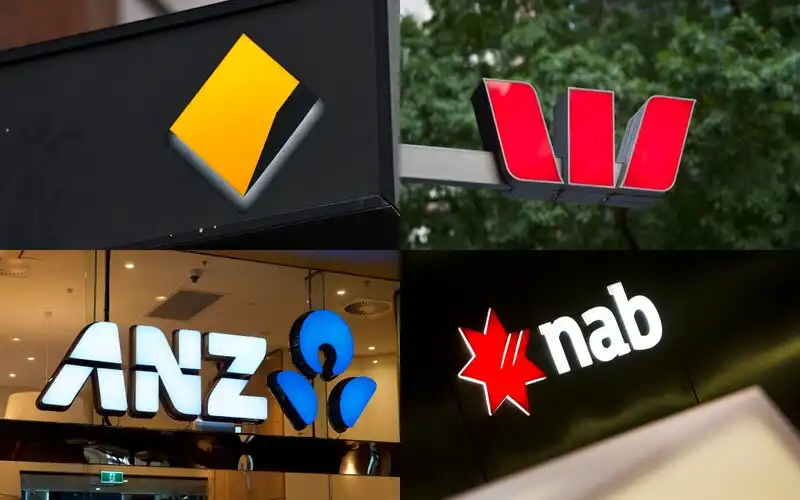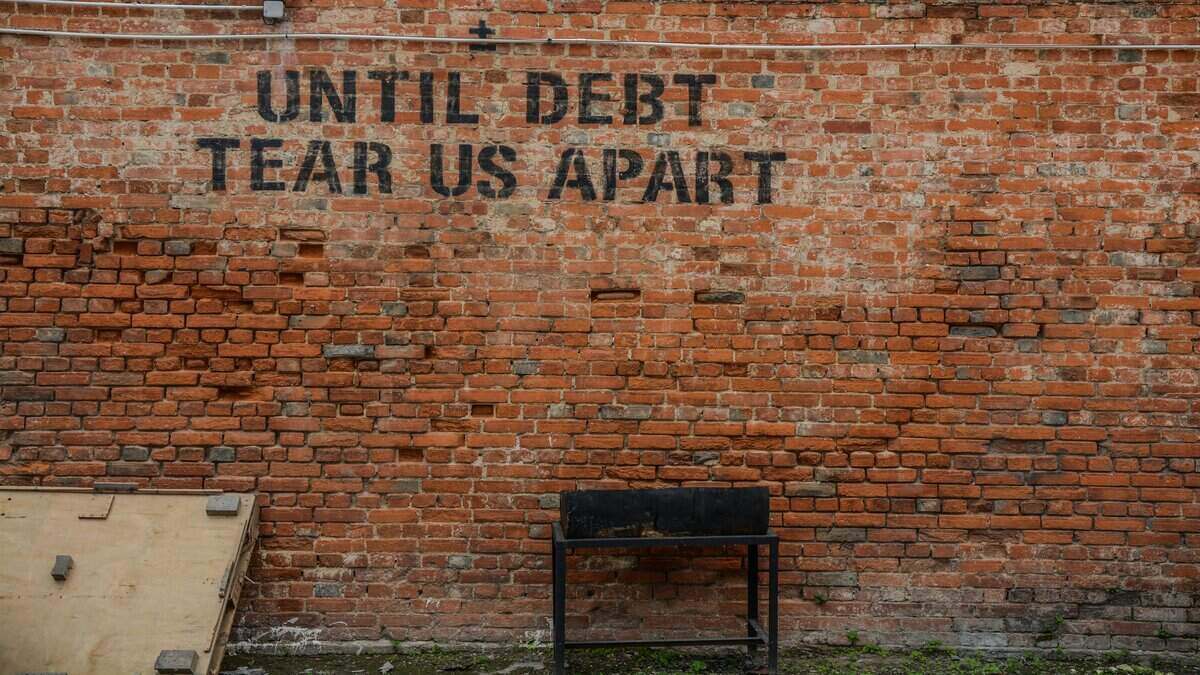The CommBank household spending indicator declined 1% through October, with recreation (down 4.7%), hospitality (down 4.5%) and food and beverages (down 1.3%) the areas where Aussies cut back most.
Based on consumer spending through CommBank services (credit/debit card, direct debit, ATM transactions), which encapsulates about 30% of Australian consumer transactions, the index is a solid indicator that Aussies continue to tighten the purse strings in response to high interest rates and the elevated cost of essentials like fuel.
Streaming services in particular are on the chopping block, with NAB reporting about 33% of Australians (out of its survey of more than 2,000 respondents) have cancelled a subscription from the likes of Netflix in the last few months, rising to 40% among those under 30.
NAB says cutting back on streaming can save punters more than $76 each month, or over $900 a year.
Aussies are also eating out noticeably less, with the drop in hospitality driven by reduced spending at restaurants, pubs and bars, cafes, breweries and wineries.
Spending on household goods dropped 0.7%, as the Westpac 'time to buy a major household item' sub-index in its consumer sentiment survey dropped to 81.3, in the bottom 2% of all time.
In November's monetary policy decision, RBA governor Michele Bullock said trends in domestic demand will be one of the key factors in whether further cash rate increases will be necessary to bring inflation down within the target timeframe.
Discretionary, or non essential, spending continues to contract, but the board will also take note spending on essential services like insurance (up 0.8% in October), utilities like electricity (up 2.2%), health (up 0.6%) and transport (up 2.0%) continue to increase.
These sectors were among those with the biggest quarterly price increases in the CPI inflation numbers, showing persistent service price inflation continues to be a problem.
Many Aussies are preparing for a penny pinching Christmas, with the Westpac consumer sentiment index returning to 'deeply pessimistic' levels after the November rate hike.
Nearly 40% of consumers have plans to cut back on spending over Christmas, with a sharp 7.6% monthly decline to the 'family finances over the next twelve months' index.
Aussies resigned to more rate hikes
While spending is slowing, the Westpac consumer sentiment survey shows many Australians are bracing themselves for more tough times ahead.
About 73% of those surveyed are expecting interest rates on home loans to increase further over the next twelve months, with only 4% anticipating rates being cut in the forthcoming year.
From Michele Bullock and the RBA's point of view, who "like to do as little as possible", this might be a positive.
Households who are expecting their mortgage payments to go up are likely to pre-emptively further cut back on spending, which in turn could help inflation moderate faster, and render further rate increases unnecessary.
However, Ms Bullock says there are still plenty of households benefiting from rising housing prices, substantial savings buffers and higher interest income, which could work in the other direction.
Senior Westpac economist Matthew Hassan also says there's a widening disparity between households struggling with high rates and those able to benefit from them.
"Family finances and buyer attitudes are coming under intense pressure across the mortgage belt but have firmed amongst those in older age groups, high income earners and those with investment properties," he said.
Photo by rupixen.com on Unsplash



 Denise Raward
Denise Raward


 Brooke Cooper
Brooke Cooper
 Hanan Dervisevic
Hanan Dervisevic

